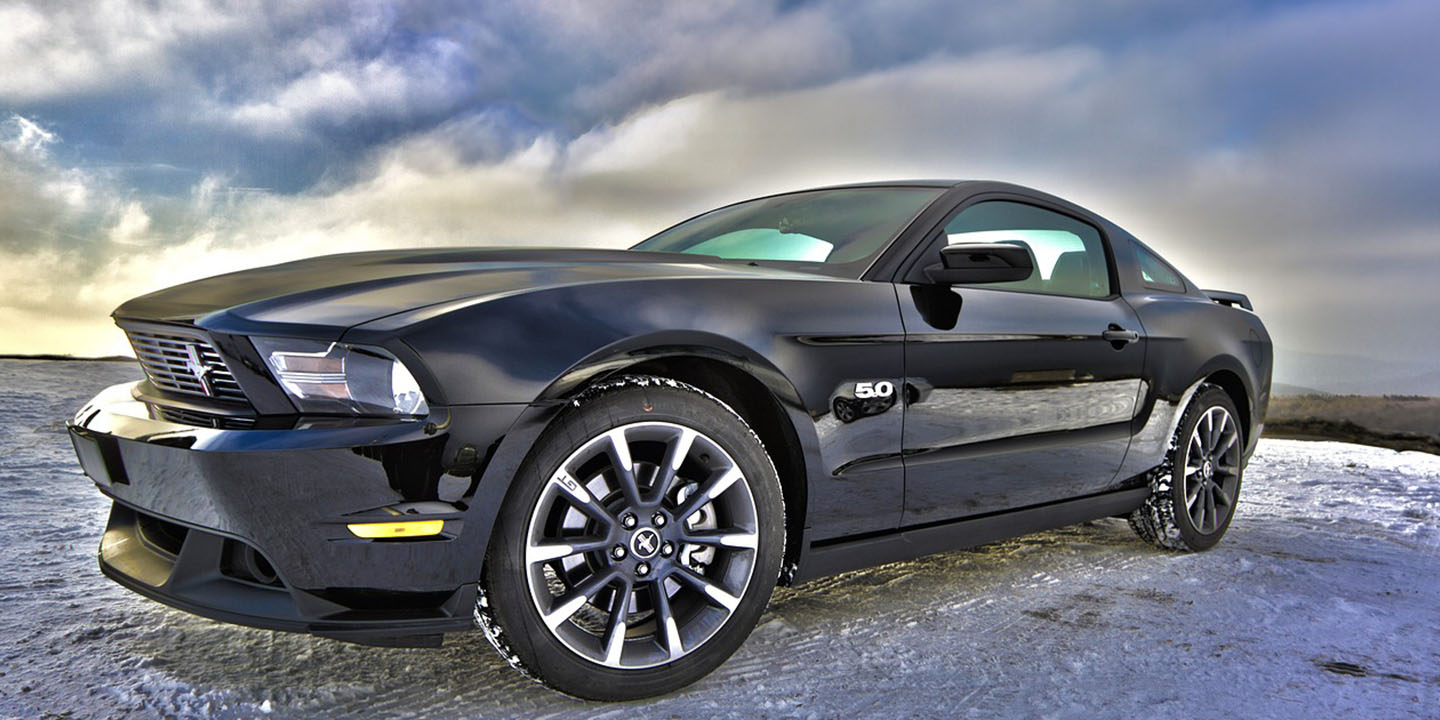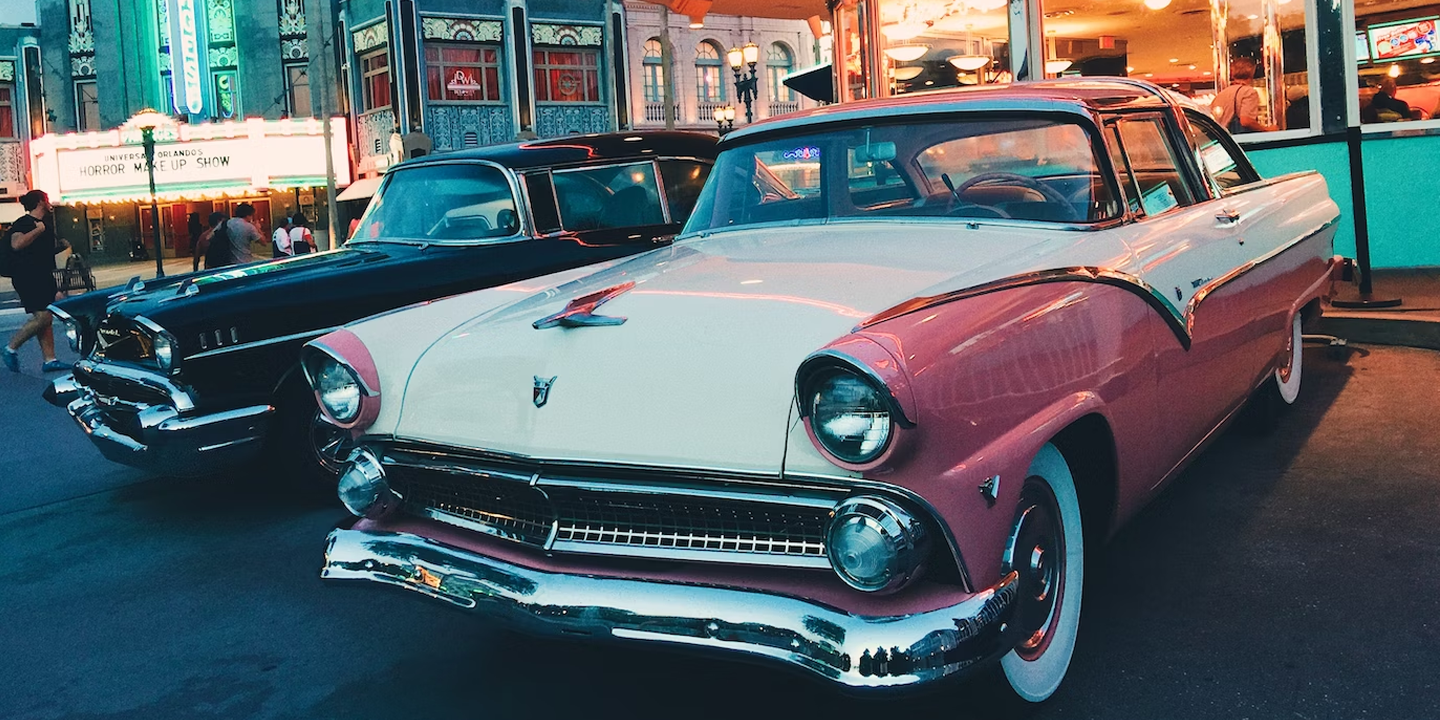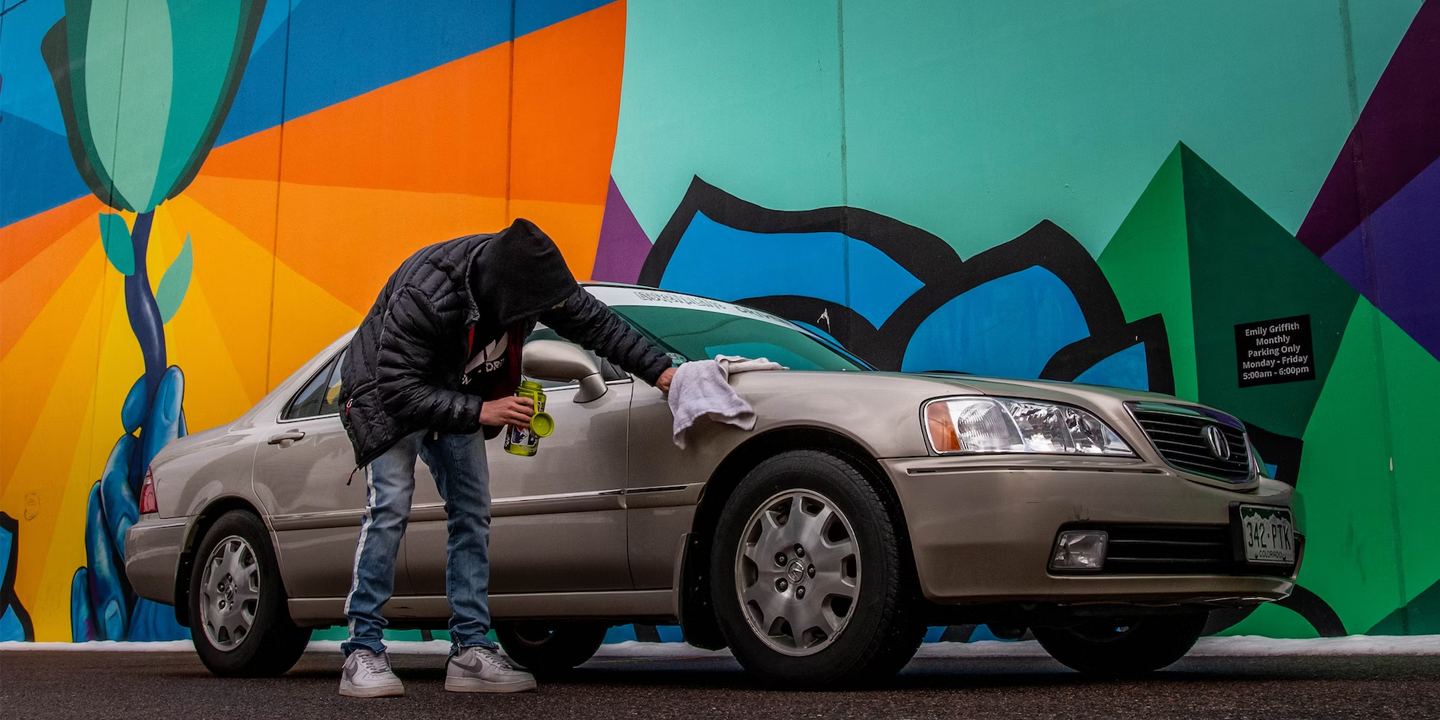When Your Car Says Nope
There's that moment when everything's set—seatbelt on, key in—and then nothing. It catches drivers off guard more often than it should. Cars don't always give obvious signs when something's wrong, but there are a handful of reasons this start problem may come your way. Here are 20 for starters!
1. Dead Battery
Three winters and countless short drives later, your battery might just give up. If nothing happens when you turn the key, it’s probably not your fault—batteries quietly degrade over time. They hate cold mornings and love to die when you're late. Keep jumper cables handy.
2. Corroded Battery Terminals
Corrosion looks harmless—a bit of fuzz on the battery terminals. But underneath that chalky crust, power flow gets choked. Besides cranking your engine, it also shows in dimming headlights. Clean those terminals with baking soda and water.
3. Failed Starter Motor
A single, sharp click, then nothing. No whirring, no engine turnover, just stillness. That sound often marks the starter motor's last breath. These motors wear out from heat and frequent starts. Think of it as your car's alarm—it can't wake the engine once it dies.
 Willdre 00:20, 8 February 2007 (UTC) on Wikimedia
Willdre 00:20, 8 February 2007 (UTC) on Wikimedia
4. Faulty Ignition Switch
When dashboard lights also flicker, check the ignition switch. These switches often fail silently after years of wear from key turning. One day, your accessories work; the next, they don't. If your car won't start but the battery's good, this could be the saboteur.
5. Empty Fuel Tank
You'd be shocked how many people call for help with a bone-dry tank. Fuel gauges lie sometimes, especially in older cars. If your engine cranks endlessly but never fires up, glance at the needle. Always keeping a quarter tank could save you a walk.
6. Clogged Fuel Filter
Engines need fuel the way lungs need air—clog the line, and nothing moves. A dirty fuel filter forces your engine to struggle or stall entirely. Skipping replacements is a big mistake. Change it regularly or risk sudden silence during rush-hour traffic.
 http://en.wikipedia.org/wiki/User:Phasmatisnox on Wikimedia
http://en.wikipedia.org/wiki/User:Phasmatisnox on Wikimedia
7. Faulty Fuel Pump
Some pumps wheeze before they quit while others stop cold. Either way, no fuel reaches your engine. Listen closely when you turn the key; no buzz could mean a dead fuel pump. Contaminated gas or overheating often plays the villain here.
 Sonett72 at English Wikipedia on Wikimedia
Sonett72 at English Wikipedia on Wikimedia
8. Bad Spark Plugs
Lighting a fire with a wet match is a lot like what worn spark plugs do inside your engine. They misfire, stall, or just won't ignite at all. Poor mileage and jerky starts are red flags. Modern plugs last longer, but they still deserve your attention every now and then.
9. Engine Immobilizer Issue
High-tech meets high frustration. That little chip in your key can shut everything down if it fails to sync with your car's immobilizer. It’s anti-theft programming: no sync, no start. Before calling a tow, try a spare key. Your car might just be confused.
 The original uploader was Montauk at German Wikipedia. on Wikimedia
The original uploader was Montauk at German Wikipedia. on Wikimedia
10. Broken Timing Belt
Your engine's moving parts work in perfect harmony—until the timing belt snaps. Suddenly, pistons and valves crash into chaos. Interference engines take this especially hard. Stick to your maintenance schedule, or be prepared for a full engine overhaul. That's no exaggeration.
11. Blown Fuse
Nothing works, but it’s not the battery. Check the fuses. These tiny lifesavers control massive systems like ignition and fuel. One blown fuse can kill your start. It often takes seconds to replace and costs less than a coffee. Grab your owner’s manual and pop that fuse box open.
12. Faulty Crankshaft Position Sensor
Some mornings, the car turns over fine. Other times, it cranks forever. That erratic behavior is a classic symptom of a faulty crankshaft position sensor. It’s the part that tells your engine when to spark and fire. Scan tools spot it fast.
13. Bad Alternator
Many blame batteries when the radio flickers or the engine dies mid-traffic, but alternators are often the real offenders. They're your car's power plant. A failing one can leave you stranded, even after a fresh battery install. Test both, not just one.
14. Bad Relay Switch
The relays are small boxes that act like gatekeepers, routing power to where it's needed most. Don't overlook them when the starter's silent. When one fails, the system it supports goes quiet. Swap it with a twin from a non-critical system to confirm without buying anything new.
 FDominec (talk · contribs) on Wikimedia
FDominec (talk · contribs) on Wikimedia
15. Transmission Not In Park Or Neutral
You can turn the key all you want—if the gear selector isn't sitting squarely in park or neutral, nothing's going to happen. Safety interlocks demand precision and even a hair off can trigger a no-start. A simple shift adjustment can save your morning.
16. Bad Ground Connection
A bad ground doesn’t just cause a weak start; it can create a ghost town under your hood—no lights or crank, just eerie silence. Yet somehow, the battery’s fine. Trace the ground strap and clean the rust off the connection. Electricity needs a return path, always.
17. Bad Mass Airflow Sensor
Engines need balance. When the airflow sensor malfunctions, your fuel-to-air ratio goes off the rails. Hesitation, rough starts, and sometimes a full no-start follow. Contaminants like dust or oil throw it off so clean it carefully or replace it altogether. The sensor's tiny, but its impact isn't.
18. Engine Flooded With Fuel
Ironically, too much fuel can stop your car from starting altogether. Pressing the gas repeatedly while cranking is a classic way to flood the engine. Raw fuel coats the spark plugs, killing combustion. Floor the accelerator and crank—that lets air in to clear things up.
19. Seized Engine
A seized engine is like a heart attack under the hood. When pistons lock up, nothing moves—starter, belts, or crankshaft. Oil neglect is usually to blame, and this is not an easy fix. No dashboard warning saves you here—only regular oil checks do.
20. Loose Battery Cables
Connections matter. If the battery cables are loose, your car might hesitate or just sit there like a rock. Even a full battery can't deliver power through a shaky wire. Grab a wrench, not jumper cables, and tighten the clamps. Power needs pressure.























